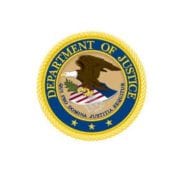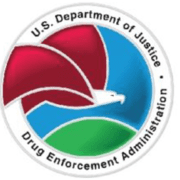TownTalk: DEA Issues Public Safety Alert On Fake Medication
The federal Drug Enforcement Administration launched the One Pill Can Kill public awareness campaign Monday and issued a public safety alert as part of its effort to combat the growing availability of fake prescription pills containing fentanyl and methamphetamine.
DEA Administrator Anne Milgram issued a statement saying that the counterfeit pills are being illegally produced in mass quantities and deceptively marketed as legitimate medication. The pills, Milgram stated, “are killing unsuspecting Americans at an unprecedented rate.”
According to the DEA release, most of the pills that come into the U.S. are made in Mexico, with chemicals supplied by China to manufacture the fake fentanyl.
John C. Rose discussed the campaign launch on Tuesday’s Town Talk and shared some of the statistics contained in the DEA press release. A few highlights include:
- More than 9.5 million of the counterfeit pills have been seized in every U.S. state and the District of Columbia so far this year – more than the last two years combined
- There is a “dramatic” rise in number of counterfeit pills containing at least 2 mg of fentanyl – considered a lethal dose
- A deadly dose of fentanyl can fit on the tip of a pencil
- More than 93,000 people died last year of a drug overdose in the U.S.
All prescription medication should be purchased from a pharmacy, but fake medications are being marketed on social media and e-commerce platforms. This makes it easier for anyone with access to a smartphone to purchase the illegal drugs.
“We are alerting the public to this danger so that people have the information they need to protect themselves and their children,” Milgram said.
DEA analyses show that two out of every five illegally manufactured pills contain a potentially lethal dose of fentanyl. “DEA is focusing resources on taking down the violent drug traffickers causing the greatest harm and posing the greatest threat to the safety and health of Americans,” the statement continued.
Of course, prescription medications purchased from legitimate pharmacies, dispensed by licensed pharmacists, and prescribed by medical professionals are not included in this public safety alert. “Anyone filling a prescription at a licensed pharmacy can be confident that the medications they receive are safe when taken as directed by a medical professional,” the DEA officials stated.
Pills purchased outside of a licensed pharmacy are illegal, dangerous and potentially lethal.
Visit DEA.gov/onepill to learn more.
Click Play



